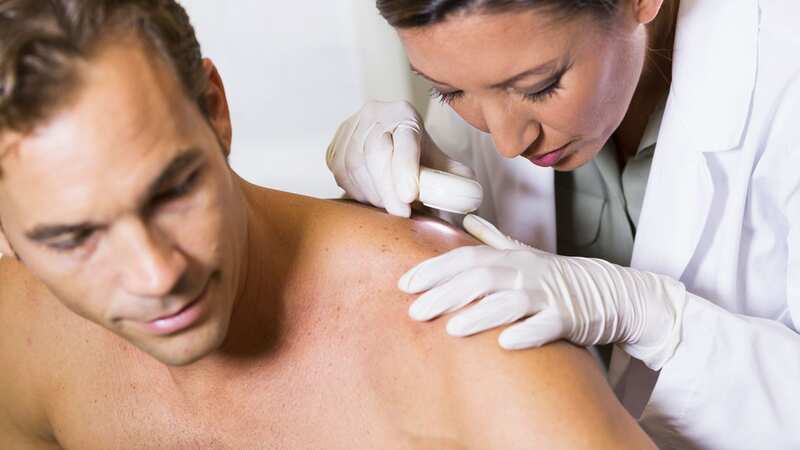

Malignant melanoma is the most aggressive skin cancer with poor survival rates for half of patients within five years of diagnosis.
Despite substantial progress in developing immunotherapies (drugs which stimulate the body’s own natural defence system to attack cancer), many patients’ tumours still don’t respond to treatment. Now a new drug pioneered by researchers from King’s College and Guy’s and St Thomas’, London, could help patients who don’t respond to existing treatments.
This new type of immunotherapy shows promising results for fighting melanoma. The results in mice show that it activates our immune response to fight cancer and slow melanoma growth. Many existing immunotherapies used in cancer treatment belong to the antibody type called IgG. However, the researchers have developed an IgE antibody which can marshal the patient’s own immune system to attack cancer in a different way.
Researchers developed an IgE antibody to target a marker found on the surface of up to 70% of melanoma cells. This new antibody is pinpoint accurate. The IgE antibody can attach to and activate immune cells found in the blood of melanoma patients to kill human melanoma cancer cells, so it slows down cancer growth.
Dr Heather Bax, from St John’s Institute of Dermatology, London, said: “We have shown that an immune response can be triggered by IgE immunotherapy for melanoma, and that this applies to human melanomas and to melanoma patient immune responses. Our findings replicate existing observations for MOv18 IgE, the first anti-cancer IgE, which targets ovarian cancer, and supports development of IgE therapies for other solid tumours.”
 Warning as popular food and drink ‘increase risk of cancer death by up to 30%’
Warning as popular food and drink ‘increase risk of cancer death by up to 30%’
Professor Sophia Karagiannis, also from St John’s Institute, added: “Four in 10 people with advanced melanoma do not respond to available treatments. Our findings show that the human immune system reacts differently in the presence of drugs based on IgE antibodies, and points to the potential of applying IgE to mount effective responses against melanoma. This opens up the possibility of this new class of drugs to benefit different patient groups and is a new frontier in the battle against cancer.”
Professor James Spicer, from the School of Cancer & Pharmaceutical Sciences and a consultant at Guy’s and St Thomas’ NHS Foundation Trust, said: “We have recently completed the first ever trial testing an IgE therapy for cancer [MOv18 IgE], and are excitedabout the prospect of a whole new class of antibody drugs in oncology. The collaboration between the King’s College London and Guy’s and St Thomas’ research groups is close and ever more productive.”